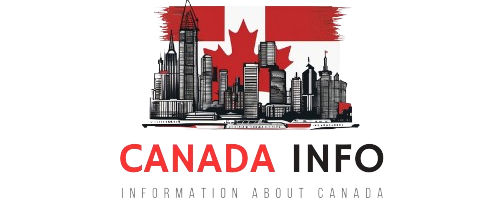Cultural Diversity in Canada: Heritage, Languages, and Cultural Pluralism
Canada is celebrated globally for its rich tapestry of cultural diversity, a mosaic woven from the threads of various heritages, languages, and traditions. This diversity is deeply ingrained in the nation’s identity, shaping its social fabric, economic landscape, and political discourse. In this article, we delve into the multifaceted dimensions of cultural diversity in Canada, exploring its historical roots, linguistic landscape, and the principles of cultural pluralism that underpin its societal ethos.
Historical Roots of Cultural Diversity
The history of cultural diversity in Canada is as old as the country itself. Indigenous peoples have inhabited these lands for millennia, each with their distinct languages, traditions, and ways of life. The arrival of European settlers, primarily from France and Britain, in the 16th and 17th centuries marked the beginning of a multicultural society shaped by successive waves of immigration from around the world.
Linguistic Landscape
Canada is officially bilingual, with English and French recognized as the two official languages at the federal level. This bilingualism reflects the country’s colonial heritage, with English predominant in most provinces and territories, while French holds sway in Quebec and parts of eastern Canada. Beyond English and French, Canada is also home to a multitude of Indigenous languages, spoken by First Nations, Métis, and Inuit communities across the country.
Cultural Pluralism: A Core Value
At the heart of Canada’s approach to cultural diversity lies the principle of cultural pluralism, the idea that multiple cultures can coexist harmoniously within a single society. Unlike the melting pot metaphor often associated with the United States, Canada embraces cultural diversity as a source of strength, where individuals are encouraged to retain their cultural identities while contributing to the broader Canadian tapestry.
Celebrating Diversity

Canada’s commitment to cultural diversity is evident in its policies and initiatives aimed at celebrating and preserving the various facets of its multicultural heritage. From multicultural festivals and heritage months to government-funded programs promoting Indigenous languages and cultures, Canada actively seeks to foster an inclusive society where every cultural community feels valued and respected.
Challenges and Opportunities
Despite its many strengths, Canada’s cultural diversity also presents challenges, including issues of integration, inclusion, and social cohesion. Addressing these challenges requires ongoing efforts to combat discrimination, promote intercultural understanding, and ensure equitable access to opportunities for all Canadians, regardless of their cultural background.
Cultural diversity is not just a characteristic of Canada; it is at the very core of its national identity. From its Indigenous roots to its status as a global immigration destination, Canada’s multicultural heritage is a source of pride and inspiration. By embracing cultural pluralism and celebrating its diverse tapestry of languages, traditions, and customs, Canada continues to strive towards building a more inclusive and harmonious society for all its citizens.

